|
|
|
Your weekly dose of evidence
|
|
National guidelines on physical activity advise kids under two don’t have any screen time at all. Children aged two to five shouldn’t be getting more than one hour of screen time per day. But most kids exceed these limits and most parents feel guilty about it.
Guidelines on screen “time” are based on the notion more time with a screen is less time being physically active. But as Brittany Huber writes, the relationship between the two is not so clear cut, plus there are studies that show quality screen time can help children learn and interact with their parents. It matters more what the screen is used for rather than for how long.
|
Sasha Petrova
Section Editor: Education
|

|
|
Top stories
|
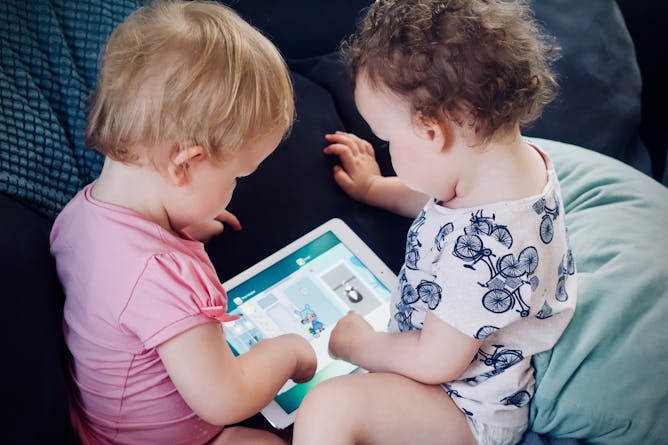
Guidelines advise children under two shouldn’t have any screen time, but most do anyway.
Photo by Jelleke Vanooteghem on Unsplash
Brittany Huber, Swinburne University of Technology
Most Australians exceed the guidelines for screen time, and most parents feel guilty about the time their child spends on the screen. But not all screen time is bad. Content matters.
|
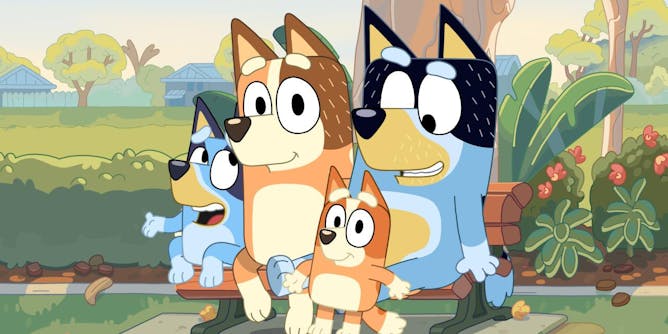
Bluey is not just a TV success story - it also contains important parenting wisdom.
IMDB
Koa Whittingham, The University of Queensland; Amy Mitchell, The University of Queensland; Ben Mitchell, The University of Queensland
Children's show Bluey is not just a gem of Australian art - its messages are also remarkably consistent with scientific literature on parenting.
|
From the archives: kids' screen time
|
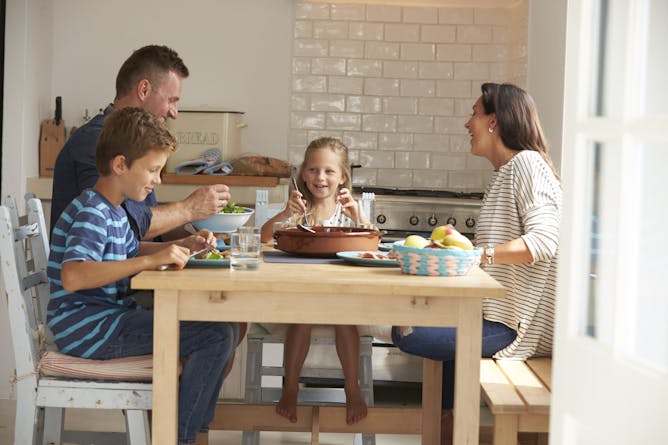
Kids are exposed to junk foods often, but encouraging healthy foods at home can make a difference.
Adobe stock
Katherine Downing, Deakin University; Alison Spence, Deakin University; Jill Hnatiuk, Deakin University
Although it's not possible for parents to completely shield their kids from screens and junk food, in the home they have a unique opportunity to establish healthy behaviours.
|
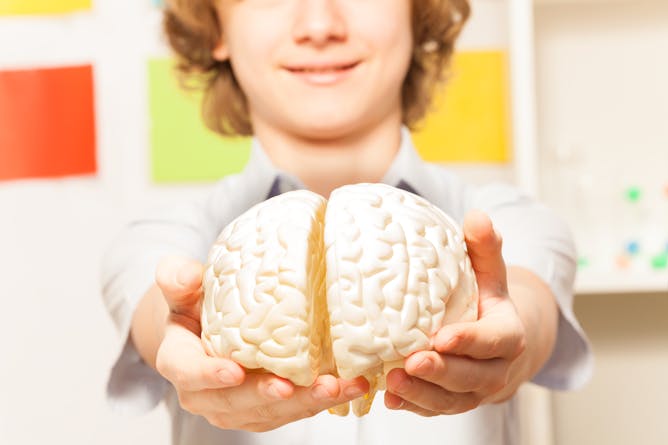
David Gillespie’s new book is full of exaggerated claims that are often not backed up by science.
from shutterstock.com
Sarah Loughran, University of Wollongong
In his new book, Teen Brain, David Gillespie suggests anxiety and other problems are on the rise among teenagers due to smartphones and tablets. This could be true, but his claims are overblown.
|
Expert answers to serious, weird and wacky questions
|

Jonti Horner, University of Southern Queensland
The short answer is yes, but it’s really, really difficult.
| |
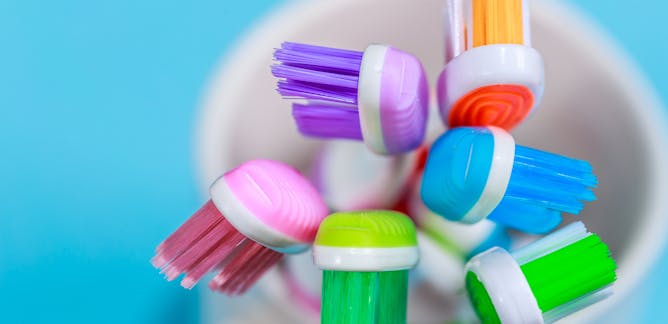
Jane Cotter, Texas A&M University
People have probably always wanted clean and healthy teeth. What they historically used to achieve dental hygiene might surprise you.
|
|
|
Top picks from the week
|
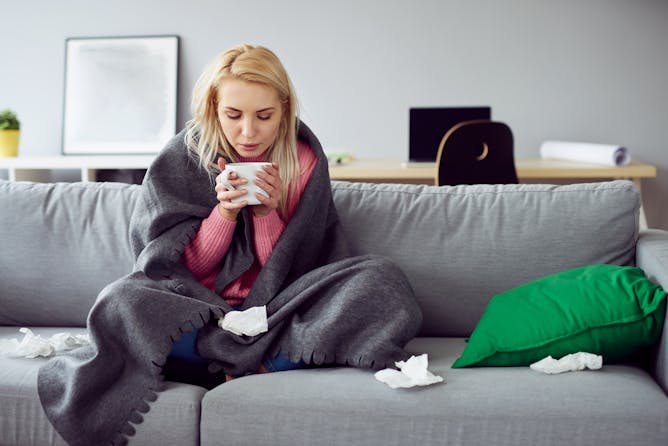
The impact of the flu on a population can be measured by looking at figures including cases, hospitalisations and deaths.
From shutterstock.com
Ian Barr, WHO Collaborating Centre for Reference and Research on Influenza
Headlines about this year's flu season have been alarming. It's true, we are having a serious season – but the data doesn't indicate it's the worst one we've ever had.
|
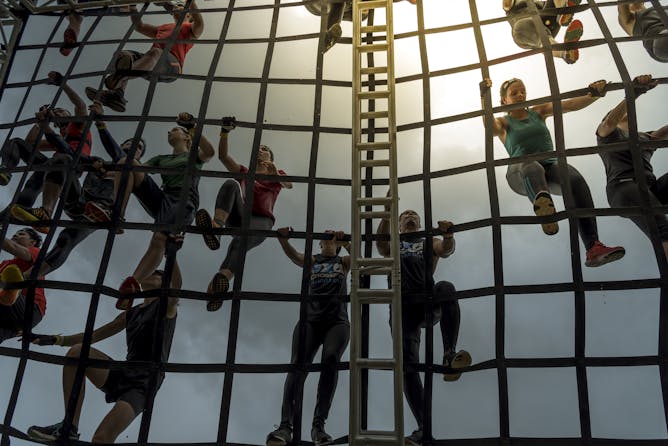
The key to an effective team-builiding exercise is understanding a team is a social network built on connections between individuals.
www.shutterstock.com
Julien Pollack, University of Sydney; Petr Matous, University of Sydney
There is a more effective approach to team-building than obstacle courses. It doesn't even necessarily involve the whole team.
|
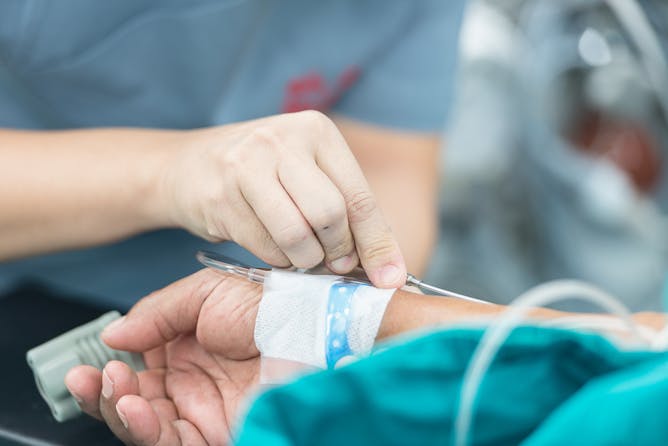
Drips and other medical devices were potential sources of infection. But no-one expected to find hospital-acquired pneumonia and urinary tract infections.
from www.shutterstock.com
Philip Russo, Monash University; Brett Mitchell, University of Newcastle
A surprising number of people are catching pneumonia or urinary tract infections in hospital, a new Australian study shows for the first time.
|
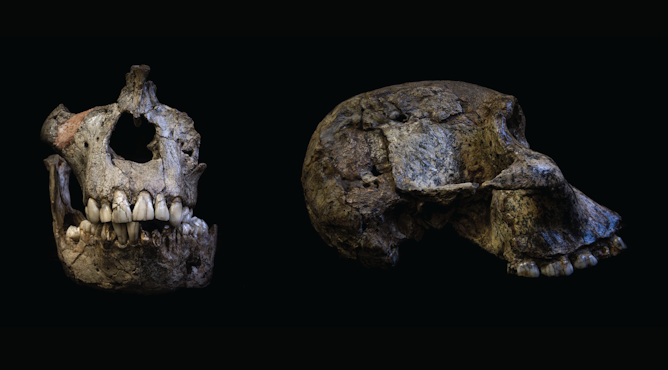
The teeth in these Australopithecus africanus skulls contain important evidence about the nutrition of these individuals as they grew up.
Luca Fiorenza
Renaud Joannes-Boyau, Southern Cross University; Ian Moffat, Flinders University; Justin W. Adams, Monash University; Luca Fiorenza, Monash University
A new study shows the enigmatic hominin species Australopithecus africanus may have breastfed young for around 5-6 years – a very costly practice for the mother.
|
|
|
| |
Featured jobs
|

|
University of Melbourne — Parkville, Victoria
|

|
RMIT University — Melbourne, Victoria
|

|
Griffith University — Nathan, Queensland
|

|
|
|
|
|
Featured events
|

|
Parliament House, Theatrette, 6 Macquarie Street, Sydney, New South Wales, 2000, Australia — Australia New Zealand School of Government
|

|
The University of Sydney, Sydney, New South Wales, 2006, Australia — University of Sydney
|

|
UNSW Sydney, Kensington, New South Wales, 2052, Australia — UNSW
|

|
Leighton Hall, UNSW Sydney, Kensington, New South Wales, 2052, Australia — UNSW
|
|
|
|
| |
| |
| |
| |
| |
|
|
|
|
|
|
|